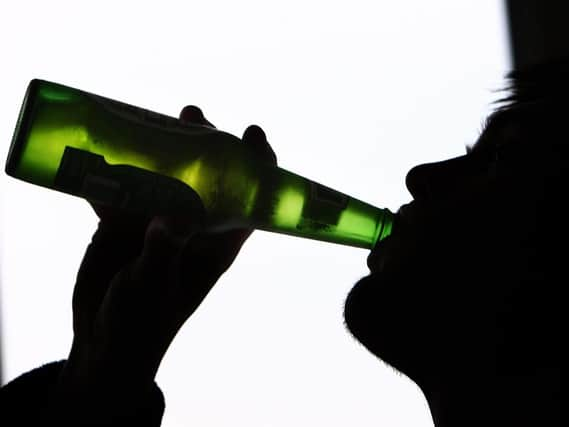Nine in ten alcoholics do not attend treatment in Doncaster, study finds


The statistics figures from Public Health England show that 90 per cent of alcoholics did not go for any therapy in 2016/2017 - and the figure is one of the highest rates in England. The health body estimated that 3,938 people were suffering from alcoholism in the town during the time period, based on a national survey of 7,500 adults across England. The study also found that men and women claiming benefits were more likely to be harmful or mildly dependent drinkers than those who were not. Julie Breslin, the alcohol specialist for the mental health charity Addaction, put this low proportion of drinkers receiving assistance down to public budget cuts, among other factors. She said: "Cuts in local authority funding, up to half in some cases, means services are expected to see more people with fewer resources. "Dependent alcohol use will often present with other complex issues including socio-economic problems, cognitive impairment, depression and health issues. It's crucial that service design makes sure treatment is as accessible and flexible as possible." The survey also revealed that, nationally, men were more likely than women to drink at hazardous levels. The rate of recovery in Doncaster was, however, above the average for England. Among those who attended therapy in the tow, 54.8 per cent completed the treatment successfully, according to the latest figures, from 2016. The national average was 38.7 per cent. Patients are considered successful if they do not need further medical support for six months after completing the therapy. Kelly Feehan, services director at CABA, a charity devoted to promoting public well-being, said: "One of the major issues is the stigma around asking for help, because they not only have to admit they have a problem, but also that they can't cope with it. "Alcoholism affects people both physically and mentally, and whilst many are familiar with the physical side effects that the condition can present, the mental impact can often go under the radar."